3 Tips for Detaching with Love
At the heart of co-dependency, or any addictive behavior, is the need to control. In fact, co-dependency and control go together like peanut butter and jelly, turkey and dressing, or cake and ice cream.
Last week we touched on the idea of detachment, or letting go of our need to control people, in order to enhance our relationships.
At first glance, detachment sounds negative—uncaring. After all, we talk in circles here on the blog about how vital connection and community are. Isn’t detachment a slap in the face to such wholehearted pursuits?
Well, no. Quite the contrary. Detachment is actually incredibly loving, especially if you’re a recovering co-dependent like me. I think of loving detachment in relationships as an integral way to set healthy boundaries and remain open to something greater than myself and my control. To keep things simple, I’ve got three tips for you that may help you deepen your meaningful relationships and let go of the ones that feel chaotic—toxic even.
1) Fools Rush In
We’re all guilty of making hasty decisions, especially in relationships. However, one of the biggest lessons I’ve learned as of late is to let my yes be a hell yes. In other words, we don’t have to have an immediate answer to another’s question or need right away. Novel idea, right? Have you ever found yourself habitually agreeing to take on responsibilities for another out of the goodness of your heart, yet became resentful towards them because you actually didn’t want to do it deep down inside? Even though we want to blame them for the extra load, that’s on us!
A good reminder here: give yourself plenty of time to respond to someone’s ask. There’s no rule requiring us to respond right away. “Let me think about it,” or “I’ll get back to you on that," are perfectly good options.
2) Bring me a Higher Love
I love flying, and not just because I love to travel. I actually love the luxurious perspective we gain by getting 30,000 feet up. Above the traffic, speed limits, and sleepy stretches of driving, we gain generous insight only distance can lend. You know where you came from and where you’re going. There’s a skilled pilot in the cockpit doing all the heavy lifting, navigating, and planning. He’s even going to land that plane. You’re the traveler. He’s the guide.
One of the flimsy narratives we buy into when operating in co-dependent behavior in relationships is, “If I don’t intervene, or fix the situation, it will crash and burn. I might be abandoned, rejected, or both.” In doing so, we play God. Detaching in love not only allows our Higher Power to be in control, it creates an opportunity for you and I to practice receptivity as opposed to manipulation. Essentially, we are only able to truly receive with open hands—not clenched fists.
3) Fix You
Compassion doesn’t mean fixing. In fact, fixing others is fear-based and flimsy. It doesn’t stick. Instead, loving detachment allows us to see the truth of the situation and live in reality knowing each of us is responsible to and for ourselves. Sure, we can ask for help with that which becomes too heavy yet trying to fix another person or their problems is essentially taking away their opportunity for personal empowerment and growth. Some say people don’t change. I heartily disagree. I believe people do change, however, not without burning desire. If I’m trying to fix you, how does your desire ever take flight? It’s weighted down by my agenda. Detachment, letting go of the controlling death grip on others, gives our relationships a chance to bleed desire and grow in the petri dish of honesty and reality.
What do you need in order to practice more loving detachment in your relationships? Pray tell…

